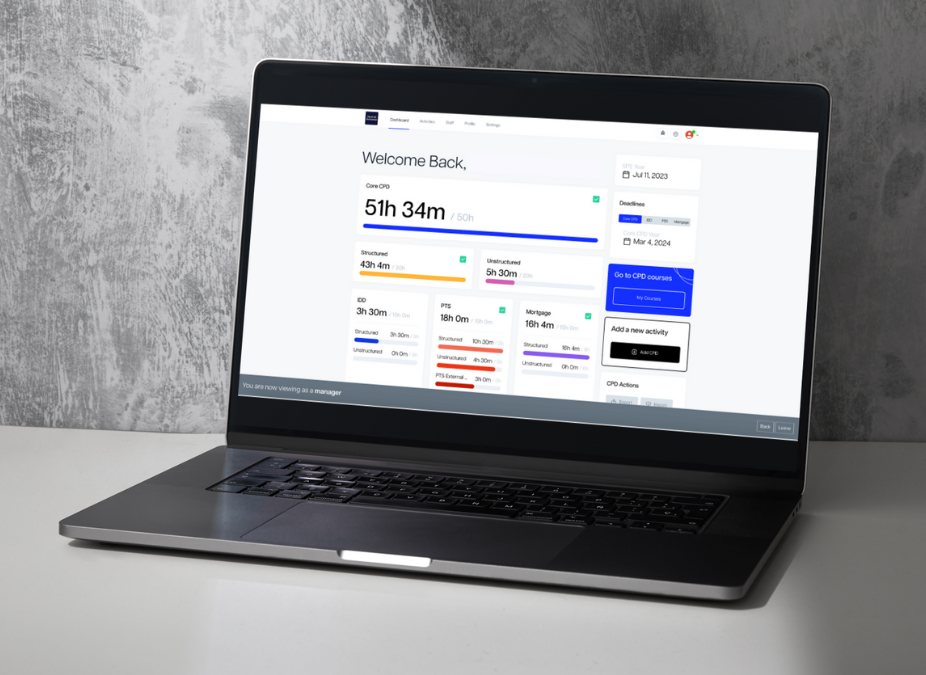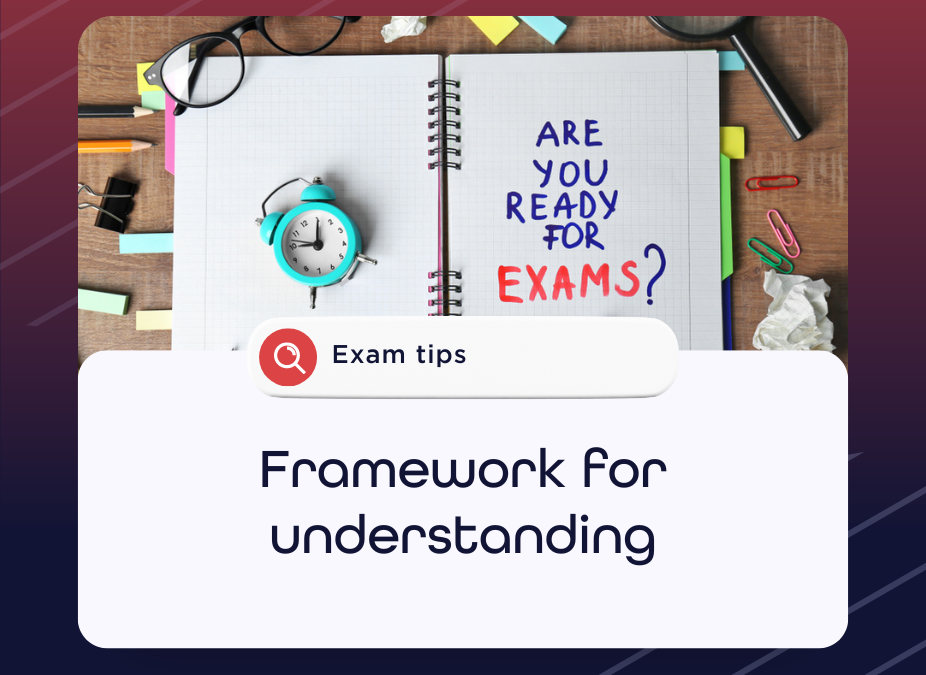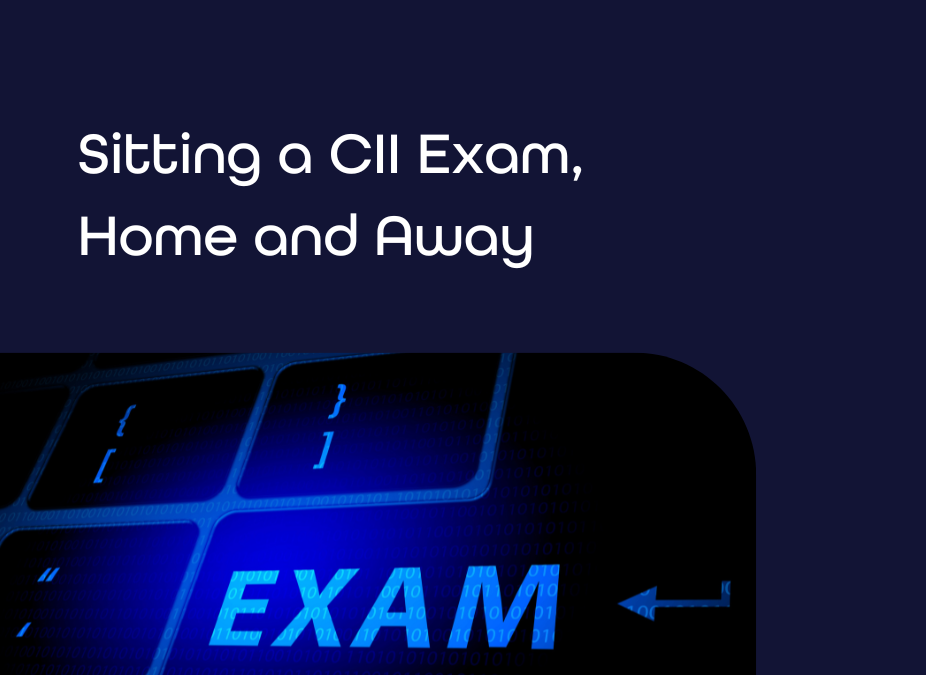About the R03 Exam
The R03 (Personal Taxation) exam forms part of the Diploma in Regulated Financial Planning and upon successful completion will give you 10 credits at diploma level.
The exam itself is a one-hour computer based multiple choice exam held at test centres throughout the country. As the exam is computer based, you can sit it on a date of your choosing throughout the year providing more flexibility to accommodate your studies. The exam format consists of 50 questions – 39 standard format with only one correct answer and 11 multiple-response where more than one answer will be correct.
The pass mark is in the region of 65% and as this is a computer based test rather than a written test it is unlikely that there will be much deviation from this unless a question is subsequently found to be invalid. So in terms of the mark needed to pass, you are looking at a minimum of 33/50.
The folling guide has been taken from our R03 learning programme.
R03 Syllabus Breakdown
The exam is based on 4 learning outcomes with varying emphasis given to each section. The approximate split of marks is as follows, although this can vary up or down slightly depending on your specific exam:
| Learning Outcome | Expected number of exam questions |
| 1. Understand the UK tax system as relevant to the needs and circumstances of individuals and trusts | 15 standard format |
| 2. Analyse the taxation of investments as relevant to the needs and circumstances of individuals and trusts | 8 standard format / 7 multiple response |
| 3. Analyse the role and relevance of tax in the financial affairs of individuals and trusts | 6 standard format / 4 multiple response |
| 4. Apply the knowledge of personal taxation to the provision of investment advice | 10 standard format |
This is one of the trickier subjects to ‘question spot’ for since there are only four syllabus areas and they are so broad. For instance, it is not possible to tell how many questions there will be on Capital Gains Tax versus Inheritance Tax so a good level of understanding of all the major taxes will be important.
Planning your study for R03 – Personal Taxation
As noted above, there are 4 learning outcomes for the R03 exam, with different weight and emphasis applied to each but they are extremely broad headings which really don’t tell you very much about the content of the examination. As such, we need to go a bit further in planning your study.
The study plan has been built around spending the right amount of time on each of the learning outcomes to help you get the most out of your study time.
The learning material has been split up into four weekly chunks which will guide you through the syllabus and prepare you for the exam.
This week, you should prepare what you need for your study and have a think about how you can fit the extra work into your busy schedule. Some learners prefer to come in to the office early and do an hour every morning, others prefer to break it up into smaller chunks and fit it in throughout the day but you have to find out what works for you. One thing that is clear though, is that it will be a reasonable commitment of your time, and if you fail to plan it properly you are planning to fail the exam.
You might also want to get some stationery together like a pad of paper for your own notes and workings, and a highlighter to allow you to pick out key pieces of information and of course, a calculator. Remember that you are allowed to take a financial calculator into the examination (as long as it isn’t capable of being programmed to hold formulae) and these are useful for a number of the exams as well as working with customers in real life.
It is also worthwhile familiarising yourself with the learning portal, and the ways in which you can contact the tutors if you have questions or require any technical assistance.
Study Plan for R03 – Personal Taxation
The R03 study schedule is split into a four-week learning programme. We would recommend that you allow yourself around a week after the programme finishes to consolidate your learning, practice taking some examinations and revise. This means that you should leave yourself around 5 weeks from starting the programme, to taking the exam.
As part of our structured study plan, rather than just giving you a book and expecting you to read it and learn, we will be providing an interactive and structured journey to help you through your studies.
We have broken the key learning outcomes down into various areas that will be rolled out over the 4- week study schedule for you to study as you go. The learning modules don’t fit totally with the four learning outcomes but instead with the underlying knowledge you will need for the exam. The learning materials will include written summaries of the material covered in the form of a study guide that you can print off and read through. As well as this and alongside the specific learning material, you will find other useful documents such exercises that will help with your study.
The learning schedule for the R03 exam has been broken up into weekly sessions, and it is recommended that you complete each weekly module and learning within the week. You should find that there is just about the right amount of material for one week’s study and if you have time before the next week starts it is a good idea to consolidate your learning rather than trying to jump ahead to the next module.
The modules break down as follows:
- In week one we will look at Income Tax and National Insurance. Income Tax in particular will also help when we get on to looking at investments, later in the course.
- In week two we will move on to Capital Gains Tax and Inheritance Tax – giving a good overview of all of the major personal taxes and a great foundation for the rest of the course. We will also look at matters of residence and domicile
- Week three will look at UK tax compliance, stamp duty, corporation tax and VAT and end with the taxation of direct investments
- The final module will look at indirect investments and trusts before pulling everything together by considering how all of this can be applied to customer circumstances
Everyone learns in their own way and you will need to find the way that works for you but some tips you might consider include:
- If you are someone who is very visual – read the material and then draw out ‘mind maps’ or ‘spider charts’ to put the information into visual form
- Try to tie new material to things you already know – it is often easier to understand something if you can relate it to something similar you already understand
- If something just won’t stick in your mind – try something ridiculous! Take your child’s favourite teddy bear, put it in a chair and explain that difficult concept to the bear! You won’t struggle to remember how daft it felt and you’ll often remember the concept as a result
- If you have no visual memory and think in words – put concepts into stories. Make them crazy and memorable.
- Try setting concepts to the tunes of your favourite songs. We have a great memory for song lyrics for a reason – the music helps us remember.
Above all – make sure you do the work. If you don’t work, you won’t get the results. Good luck and we’ll see you in module one…




